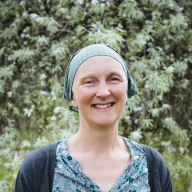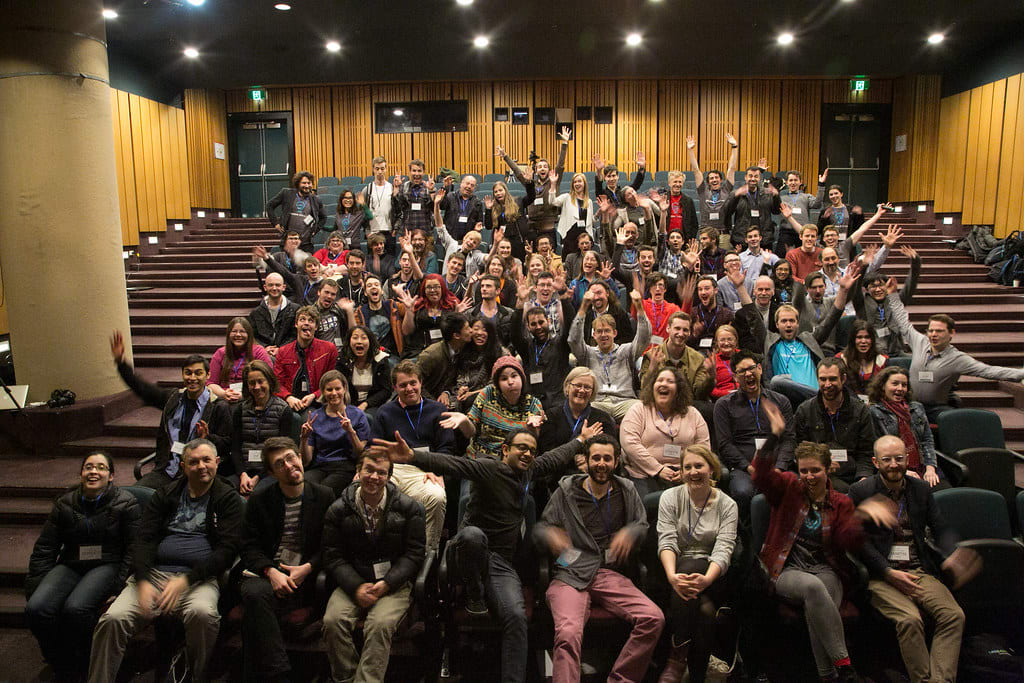
Catherine Low🔸
Bio
I'm one of the Community Liaisons for the EA community (alongside Julia Wise and Charlotte Darnell).
I'm a contact for community health support for EA groups, and I also works on assessing and mitigating risks to the EA community.
I initially studied a lot of physics, then was a high school teacher for 11 years before moving full time into EA community building. I ran local and national EA groups and worked on EA outreach projects, before joining CEA’s Groups Team in early 2020 to support EA groups worldwide. I started working for the Community Health team mid 2021.
Posts 23
Comments133
Hi Yarrow, thanks for looping back on this.
Yes, we did do this project, which involved looking at existing data and doing some new interviews with community members, and looked at existing literature on women and non-binary people's experiences in different communities, and what seems to improve things. Based on all this, we wrote an extended internal document, and shared some recommendations with a variety of EA organisations and EA groups. We think this information could be of use to more community members, but for some bureaucratic reasons a writeup hasn't made it on to the Forum - sorry about that.
I look back fondly to 10 years ago at EA Global: Melbourne. It was small, simple, the catering was (literally) carrot sticks, corn chips and hummus, and it hugely influential to me. I knew no one before I arrived, but the conference photo shows many people I've gone on to work with and become close friends with.

This talk was a highlight - I remember it bending my mind in ways it hadn't been bent before, and it hammered home just how hard our mission to improve the world actually is:
The counterfactual attendances at EA conferences is a pretty interesting metric (at least for us at CEA) - I'm glad you're tracking that.
Great to hear of all your progress over 2024 Gergő and Milán!
(And thanks for the thanks! In retrospect I think those initial meetings with EA Hungary might have been among my most useful meetings with group organisers!)
I'm thrilled to have an EA conference in my home town (thanks @Gavin Bishop 🔹 and @Ruben Castaing for leading this event)!
For those of you who are considering coming -- a little (biased) plug from me:
The EA Christchurch and the EA Aotearoa New Zealand communities have been active for 10 years now, with a handful of very engaged EAs who have dedicated their careers to EA-aligned work of various types (community building, donation funnelling, civilisational resilience, AI safety, animal advocacy, probably other things too that I've forgotten), and many other engaged EAs have been involved in the past and have flown the coop for their high-impact careers. While our community is small in global standards I think we are pretty impressive by per-capita and by per-unit of resources invested. And we're very friendly and supportive too! So it would be lovely to see people join us!
While the conference is just a single day, a few of us are planning to also have some more relaxed social activities on Friday night and Sunday, so try to come for the whole weekend if you can.
Nau mai, haere mai!
Depopulation is Bad
I think humans are good. And larger groups of people can do a lot more (more innovation, more cultural activities, more variety of human experiences).
Right now, in 2025, I would not advocate for more people due to animal welfare and environmental costs of having more people.
But looking at the many countries that have gone through a very demographic transition to less-than-replacement fertility (and all the other countries that seem to be following a very similar trajectory), I'm worried that the population will plummet shortly after it hits peak.
I'm not sure what to do about it. And I'm worried about governments/other people in influence increasingly trying to increase fertility in ways that reduce individual freedom.
Thanks for those analyses Lorenzo! I was aware of the claims that people don't tend to be good at knowing what makes them happy or unhappy (thanks to an old 80K article!), but it didn't occur to me that this could have influenced this data.
With this in mind it seems fairly possible that the real distribution should be more negative. Despite that, I still feel that the data feels like a positive update for me.
a) There are just quite a few people reporting that being in EA is good for their mental health - and I don't want to doubt that too much (but maybe that is hopeful thinking on my part)
b) Also, before the survey results came out I expected that a larger number would report negative impacts as I had heard many people in the community reporting to me that EA had negatively affected their mental health (which is expected given my role), and I'd also heard some community builders tell me that they felt that EA was often bad for members mental health (which worried me a lot more).
It would be interesting to ask people in comparable groups, the same question of how involvement changed their mental health - if the distributions were a lot more positive or negative than EAs then that would be interesting. Maybe environmentalism or animal advocacy would be a reasonable comparison group as involvement might also give a similarly increased sense of awareness and obligation.

Thanks for sharing these Annika and Sam!
I'd recommend you (and anyone using these resources) check out the EA Groups Resources page on the approach to politics and polarised issues, so you can check out some considerations of when/how to raise such issues in your group
https://resources.eagroups.org/approach-to-politics-and-political-issues
It is important to know that, in the US (and lots of other countries)
Given most groups are funded by CEA (part of Effective Ventures which is a US charity), this applies to most EA groups in the US. It is probably also relevant for groups that might want to be funded by a US charity in the future.